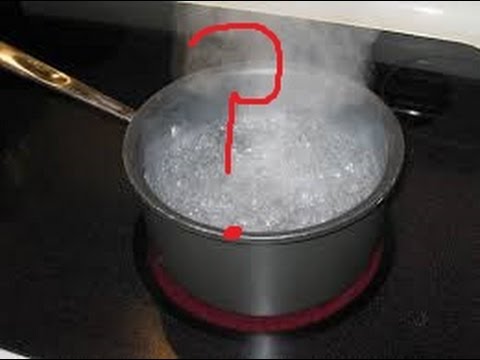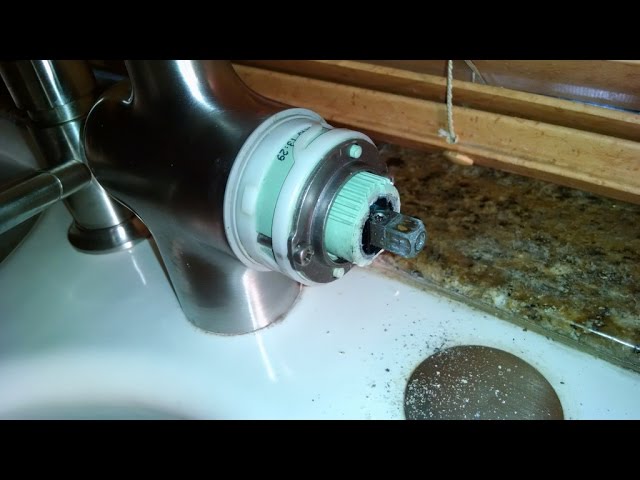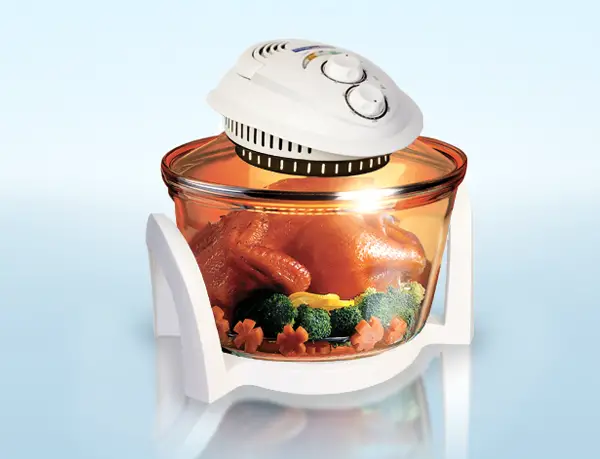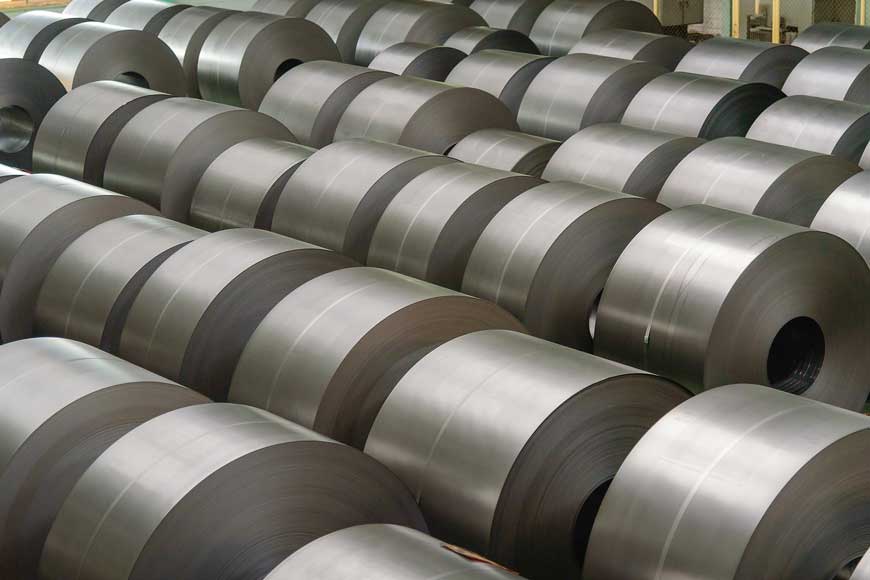Have you ever wondered if you can boil dishwashing liquid? You might be surprised to learn that it is indeed possible. In this article, we will take a deep dive into the world of dishwashing liquid and explore what happens when you boil it.
What is dishwashing liquid?
Before we jump into boiling dishwashing liquid, let’s first define what it is. Dishwashing liquid is a cleaning agent that is commonly used to wash dishes by hand. It works by removing grease and food particles from plates, dishes, and utensils.
The ingredients in dishwashing liquid may vary depending on the brand and type of product, but they typically include surfactants (which help to break down grease and oil), fragrances (to add scent), and preservatives (to prevent bacterial growth).
There are different types of dishwashing liquids available on the market. Some are designed for use in machines, while others are intended for hand washing. Some products are formulated for use on specific materials, such as glass or stainless steel.
The science behind boiling
Before we can discuss boiling point of dishwashing liquid, we need to understand the concept of boiling. Boiling is defined as the process in which a liquid turns into vapor when heated to its boiling point. The heat causes the molecules in the liquid to become more active and move around faster until they reach a temperature at which they begin to turn into gas.
Each chemical has a specific boiling point, which is the temperature at which it will start to vaporize. This temperature varies depending on factors such as air pressure and atmospheric conditions.
Determining the boiling point of dishwashing liquid
The boiling point of dishwashing liquid varies depending on its composition. Most dishwashing liquids have a boiling point of around 100 degrees Celsius (212 degrees Fahrenheit), which is the same as water.
When boiling dishwashing liquid, it is important to keep in mind that it can exceed its boiling point if left on heat for an extended period of time. This may cause the liquid to become thick and syrupy, which can leave residue on dishes and surfaces.
How does boiling affect cleaning performance?
While boiling dishwashing liquid may seem like a viable solution for tough stains and caked-on foods, it can actually have the opposite effect. Boiling dishwashing liquid may decrease its cleaning power, as the high temperature can break down the active ingredients in the product. Additionally, high heat can damage certain materials, such as plastics or painted surfaces.
If you are looking for an alternative way to boost your dishwashing liquid’s performance, try using a higher concentration of the detergent in warm or hot water. This will allow the active ingredients to work more effectively without causing damage to surfaces or utensils.
Safety concerns when working with hot liquids
Working with hot liquids can be dangerous, especially if proper precautions are not taken. When boiling dishwashing liquid, it is essential to wear protective clothing and use heat-resistant gloves to avoid burns or other injuries.
It is also important to use caution when pouring hot liquids into containers or down drains. Hot liquids can cause severe burns if they come into contact with skin or eyes.
Alternative uses for boiled dishwashing detergent
While boiling dishwashing detergent may not be the best solution for cleaning dishes, there are other uses for boiled dishwasher detergent that might surprise you:
- Cleaning Uses: Boiled dishwasher detergent can be effective at removing grease from stovetops, ovens, and other surfaces.
- Non-Cleaning Uses: Boiled dishwasher detergent can be used in homemade laundry detergent recipes or as a component in DIY pest control solutions.
- Practical Items: Boiled dishwasher detergent can be used to clean and shine tarnished silverware or jewelry.
How to make your own cleaning solutions using boiled dishwashing detergent
If you have some boiled dishwashing liquid on hand, there are several cleaning solutions you can make with it to tackle tough stains and grime:
- Oven Cleaner: Mix 1/2 cup of boiled dishwasher detergent with 1/4 cup of baking soda to create a paste. Apply the paste to the oven walls and let it sit for an hour before wiping away with a damp cloth.
- Burned Crock Pot Cleaner: Mix one tablespoon of boiled dishwashing liquid with one cup of warm water. Pour the solution into the crockpot and let it sit for several hours before wiping clean.
- Stove Top Degreaser: Mix two cups of boiled dishwashing liquid with two cups of hot water and one cup of vinegar. Apply the solution to the stovetop and let it sit for several minutes before wiping away.
Conclusion
In conclusion, while boiling dishwashing liquid may seem like a tempting solution for tough stains and caked-on foods, it is not always the best option. High heat can break down the active ingredients in dishwashing liquid, decrease its cleaning power, and even cause damage to certain materials.
If you are looking for alternative ways to improve your cleaning results, try using a higher concentration of detergent in warm or hot water. And if you happen to have some boiled dishwashing liquid on hand, consider giving it a new life as a cleaning solution for various tasks around the house.
Frequently Asked Questions
Can you boil dishwashing liquid?
Yes, you can boil dishwashing liquid. However, it is important to keep in mind that boiling the liquid may change its chemical composition and effectiveness as a cleaning agent. Additionally, boiling dishwashing liquid may release harmful fumes, so it is recommended to only do so in a well-ventilated area.
What happens when you boil dishwashing liquid?
Boiling dishwashing liquid can cause the active ingredients in the formula to break down and lose their effectiveness. It may also cause the liquid to thicken or become more concentrated, which could potentially damage surfaces or leave a residue when used for cleaning.
Is boiling dishwashing liquid safe?
Boiling dishwashing liquid can release harmful fumes that may irritate your eyes, nose, and throat. It is important to only boil dishwashing liquid in a well-ventilated area and avoid breathing in the vapors. Additionally, boiling the liquid may damage your cookware or leave a residue that is difficult to clean.
What are some alternative uses for boiled dishwashing liquid?
While boiling dishwashing liquid may not be recommended for cleaning purposes, there are other ways you can make use of the boiled liquid. For example, adding a few drops of boiled dishwashing liquid to your laundry detergent can help boost its cleaning power. Additionally, you can mix boiled dishwashing liquid with water and vinegar to create an effective all-purpose cleaner.






